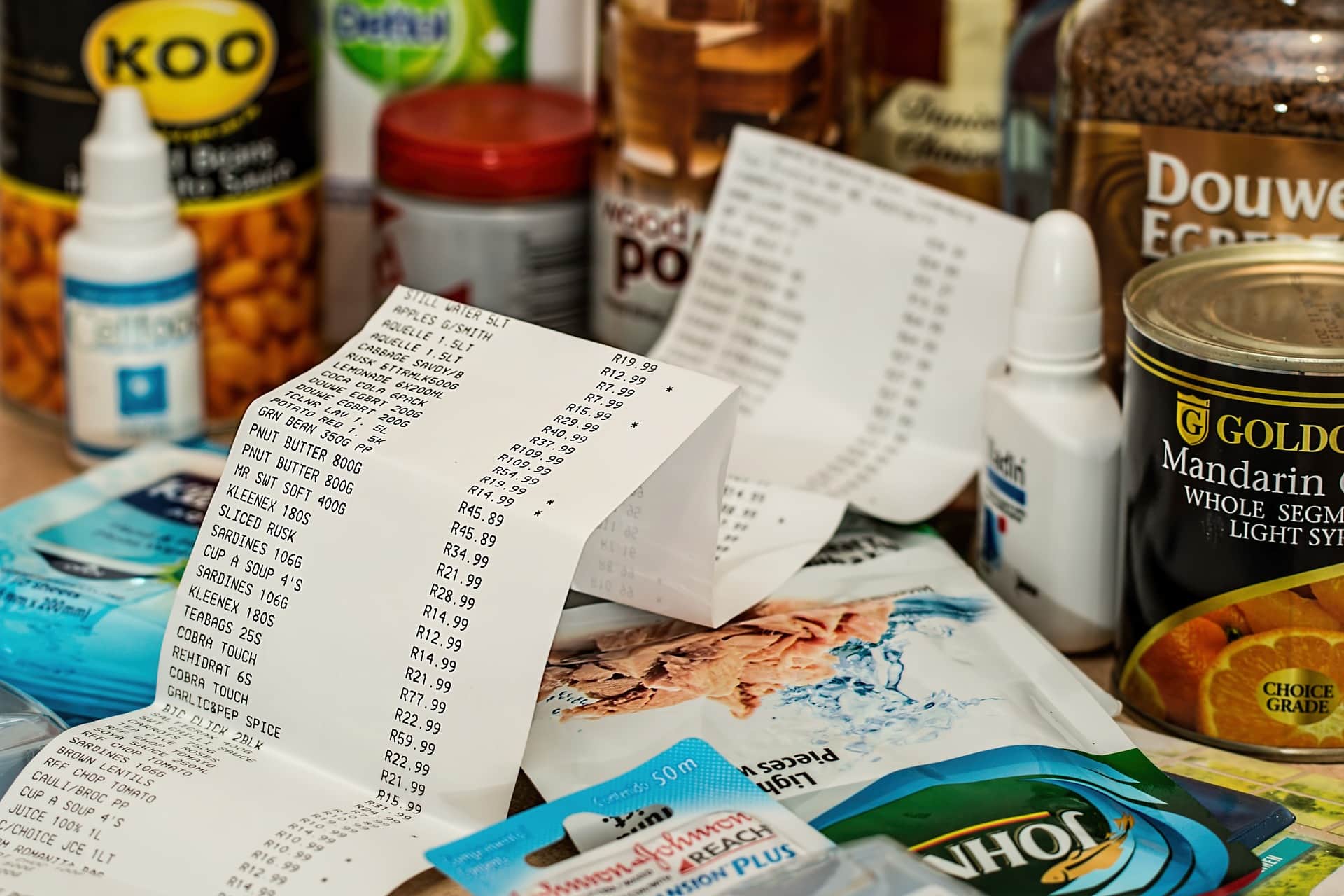Inflation is affecting everyone
Inflation seems to be a buzzword with a negative connotation for most of us, especially recently.
According to an article titled Understanding Inflation published on August 13, 2020 on the Bank of Canada website, “inflation is a persistent rise in the average level of prices over time.”
Right now, inflation is happening when many people have lost their jobs and many businesses have been closed. With the loss of purchasing power, it is not difficult to understand that rising prices can leave many people in a state of panic.
The same article also states, “Prices tend to go up when the demand for goods and services is more than the economy supplies. Prices tend to go down when the economy supplies more goods and services than people want or need.” The article continues, “When inflation is high, consumers, businesses and investors are uncertain about what their costs will be from one day to the next. High inflation is often unstable and unpredictable, and that keeps the economy from performing at its best. High inflation makes life especially hard for people whose incomes don’t keep pace with rising prices, such as pensioners and those with low pay. This is because high inflation decreases the value of their incomes and savings.’’
The Consumer Price Index is used to measure inflation. According to the Statistics Canada website, “The Consumer Price Index (CPI) rose 3.4% on an annual average basis in 2021, the fastest pace since 1991 (+5.6%), following an increase of 0.7% in 2020.”
Statistics Canada also indicates that a shortage of supplies led to the current inflation, publishing on their website that, ‘‘In 2021, the COVID-19 pandemic remained a key factor impacting the prices of goods and services purchased by Canadians. Inflationary pressures stemmed from a combination of widespread global supply chain constraints and pent-up consumer demand as the economy reopened.’’
According to the same source, Canadians paid more for necessities. Transportation costs went up by 7.2 per cent and housing by 3.9 per cent. As well, “Canadian motorists paid 31.2% more at the pump on an annual average basis in 2021, with gasoline prices rising at the fastest pace since 1981 (+36.1%).” People who use natural gas shelled out about 16.1 per cent more than they paid in 2020.
Grocery shopping for certain items is more expensive now, and that’s because the cost of food increased by 2.2 per cent in 2021 and by 2.4 per cent in 2020. According to Statistics Canada, dairy increased by 2.8 per cent in 2021 and 2.5 per cent in 2020, eggs increased by 6.3 per cent, bacon by 12.5 per cent, fruit by 2.5 per cent, and bread and the like by 0.6 per cent. Meat faced increases of 4.3 per cent in 2021 and 4.5 per cent in 2020.
There is also an increase in house and household item prices. Statistics Canada states, “In 2021, shelter costs (+3.9%) rose at the fastest pace since 2008 (+4.4%) on an annual average basis. Across the country, people sought out more living space and outdoor amenities in response to the pandemic. This change in preferences, coupled with historically low interest rates and other factors linked to the pandemic, such as higher building costs, helped push the costs of homeownership higher in Canada in 2021.” This increase included furniture, household equipment, and appliances. “The impact of supply chain disruptions, including limited supply, higher shipping costs and delivery delays for imported appliances, was felt by buyers of big-ticket items used in the home.’’
It has also become more expensive to enjoy the luxury of restaurant meals and other services. Restaurants increased their menu prices by 3.1 per cent. Personal care services, such as getting a haircut, increased by 5.4 per cent. Statistics Canada states, “Prices increased amid capacity restrictions and higher costs incurred by firms for health and safety measures.’’
As prices continue to rapidly increase, we can only hope for a higher employment rate and quick economic recovery in order to reduce inflation and restore balance.







